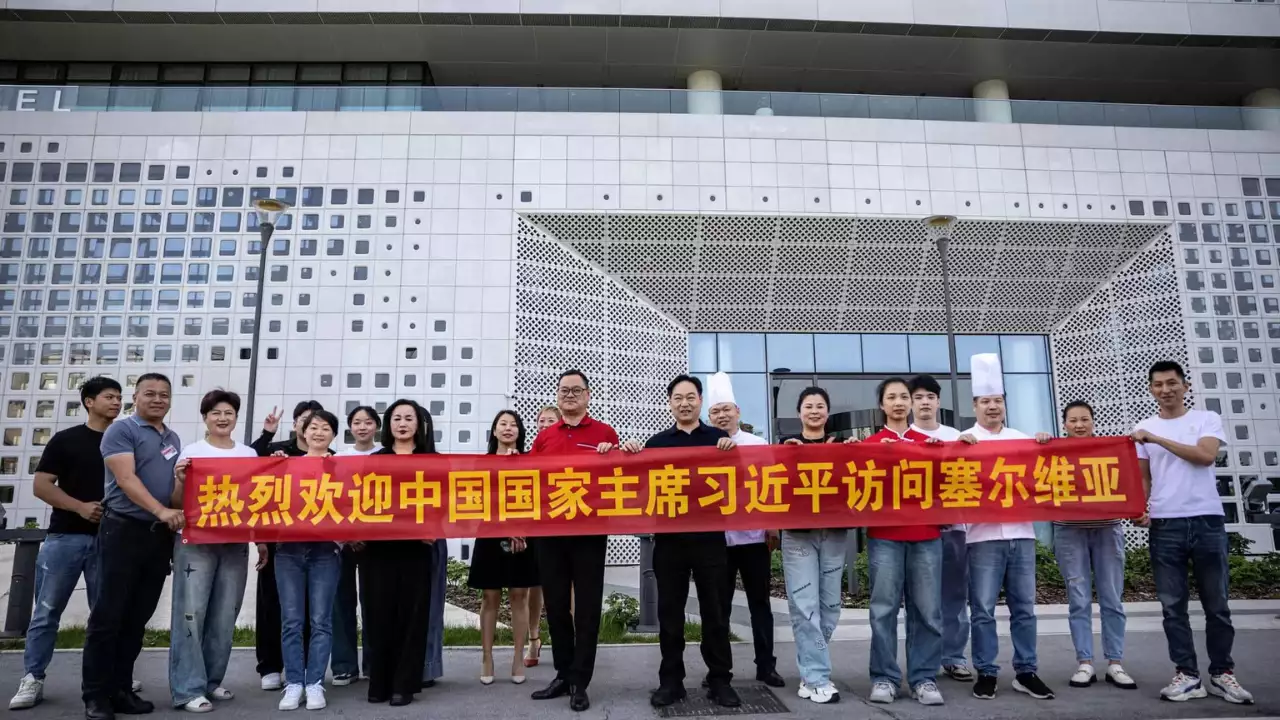Xi Jinping’s visit to Serbia holds significant weight, coinciding with the 25th anniversary of a tragic event that has long strained relations between China and the West. On May 7, 1999, during NATO’s air campaign over Kosovo, U.S. jets mistakenly bombed the Chinese Embassy in Belgrade, killing three Chinese nationals and injuring many others.
In an op-ed published in Serbia’s Politika newspaper, Xi Jinping reflected on this somber anniversary, emphasizing that while the Chinese people cherish peace, they will not forget past tragedies. The bombing, labeled by NATO as a mistake due to faulty intelligence, has left a lasting mark on diplomatic ties between China and the United States.
The incident, understandably, sparked outrage in China, fueling anti-American sentiments and suspicions of intentional targeting. While the truth remains elusive, it underscored the harsh realities of warfare.
Interestingly, despite the strain on U.S.-China relations, the tragedy brought China and Serbia closer. China emerged as Serbia’s leading investor and second-largest trading partner, fostering a strong alliance between the two nations. Beijing’s opposition to NATO’s campaign and support for Serbia’s stance on Kosovo’s independence further solidified this bond.
Xi Jinping’s visit symbolizes the enduring friendship between China and Serbia. Ahead of his arrival, displays of pro-China sentiment adorned Belgrade, underscoring the significance of the visit. Escorted by Serbia’s air force, Xi’s presence reinforces the mutual commitment to strengthening ties.
During his visit, Xi is expected to pay respects at the former embassy site, now home to a Chinese cultural center, serving as a testament to China’s growing influence in Serbia and Europe. Visitors, both Chinese and Serbian, honor the victims of the bombing, emphasizing the importance of peace and remembrance.
Overall, Xi’s trip signifies a shared vision for the future—a future built on mutual respect, cooperation, and the pursuit of peace.















































